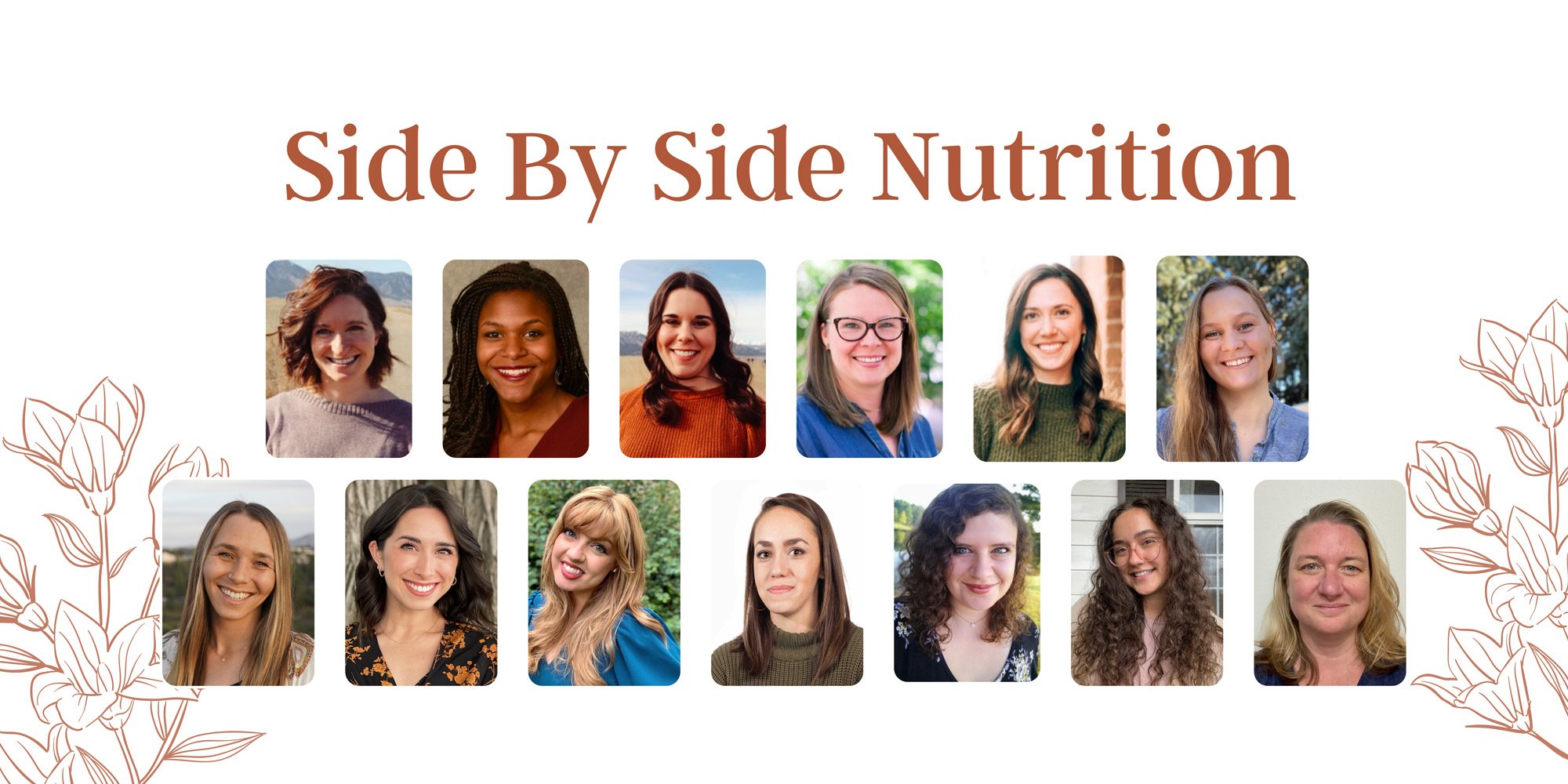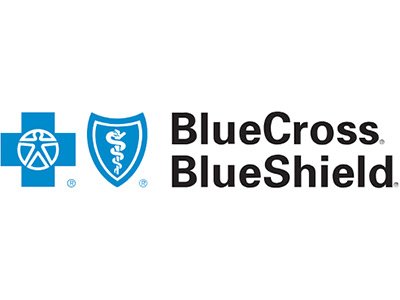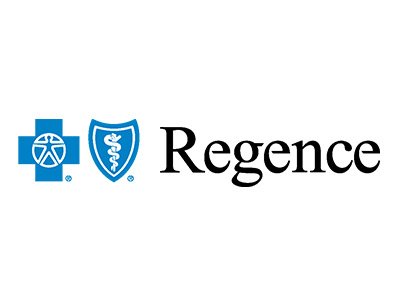Compassionate Intuitive Eating (IE) Coaching with a Colorado Dietitian Nutritionist, Anti Diet and Body Image Nutrition Counseling for Lasting Healing and Wellness
Embark on a transformative journey from Disordered Eating (Restrictive Eating disorder, Chronic Dieting) recovery to full trust with food and body as well as holistic well-being. Achieve food freedom. Learn to regulate eating without rules and restrictions. Get support from certified IE dietitian nutritionist coaches and learn to honor your hunger and fullness cues. Get compassionate care to guide you toward lasting healing. Reclaim food and body trust and freedom, embracing life with a renewed sense of wellness and vitality.



























Recent “graduate” from Side by Side Nutrition. I started working with SBSN to figure out how food worked after having an eating disorder for years. And I’m so happy I got so much more than that! SBSN introduced me to Self-Compassion and met me with an approach that never included shaming me. I looked forward to our sessions every week, even if I hadn’t done any of my work, because I knew she’d be understanding and work with me to figure out what I needed to make it happen. And none of that compassion and presence was lost when we had to switch to telehealth. When I started, I didn’t think healing from an eating disorder was possible. And I never in my wildest dreams imagined that I’d come out of it with an unshakable love for my body (certainly not a plus size body with chronic illness)! I’m so glad circumstances sent me here because I know I wouldn’t have gotten to this place with my previous dietician! I am STRONG, I am CONFIDENT, and I am in LOVE with myself! Thank you so much for helping me on my journey here! It wasn’t easy, but it was so worth it!
— Michaela Myers